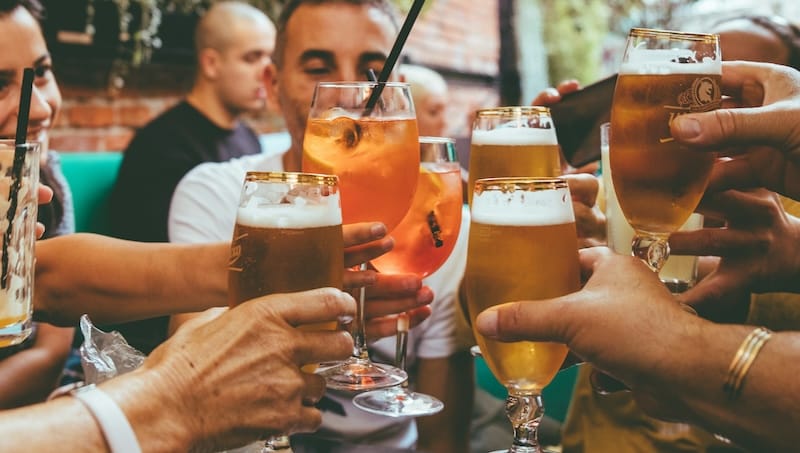New report spotlights challenges facing Bangladeshi and Pakistani applicants

A new report has highlighted the challenges faced by Bangladeshi and Pakistani heritage applicants seeking training contracts in City law, where the “prevalent drinking culture” significantly challenges those who abstain from alcohol on religious grounds.
The report, Included? The Experience of British Bangladeshis and Pakistanis in City Law, found that Bangladeshi and Pakistani candidates made up over 6% of vacation scheme applications but only 3.9% of offer holders. Researchers suggest that while these candidates are well-represented in the application pool, they are underrepresented among offer holders.
The success rate for Bangladeshi and Pakistani candidates applying to vacation schemes was only 1.8%, compared to 2.8% for all candidates, 2.8% for white candidates, and 2.5% for Black candidates. The report notes that while the success rate gap for Black candidates applying to vacation schemes has started to close, it remains significant for Bangladeshi and Pakistani candidates.
The report, produced by diversity recruitment specialist Rare, noted a similar trend for training contract applications. Bangladeshi and Pakistani candidates constituted 7% of the application pool but only 3.5% of those receiving offers. Their success rate was just 1.2%, compared to 2.3% for all candidates, 2.8% for white candidates, and 2.1% for Black candidates.
It also highlights several challenges faced by Bangladeshi and Pakistani aspiring lawyers, including limited access to professional networks and “social capital”. This lack of connections within law firms makes it difficult for them to gain insights into the application process.
Researchers noted that the “prevalent drinking culture” in law firms, with social events often centred around pubs and bars, creates an uncomfortable environment that forces candidates to navigate situations conflicting with their religious beliefs.
Some City law firms now run ‘dry’ social events to address this issue, and many vacation scheme programs are built around activities that do not involve alcohol, aiming to make them more inclusive.
Despite the availability of prayer rooms in many firms, researchers found candidates often feel anxious about leaving their desks to pray, fearing it might negatively impact their evaluations or how their commitment is perceived.
The report goes no to make several recommendations for law firms, including upping the number of social events that do not centre on alcohol and providing structured mentorship programmes to connect candidates with senior lawyers from similar backgrounds.
Naomi Kellman, head of research at Rare and author of the report, said:
“This report highlights the critical need for law firms to address the systemic barriers that hinder the progress of Bangladeshi and Pakistani applicants. Our research reveals significant issues in current practices, particularly around cultural and religious inclusivity, that create an uneven playing field for these candidates. By confronting and dismantling these obstacles, law firms can transform their workplaces into truly inclusive environments that embrace diversity, and better reflect both the society they operate in and the clients they serve.”
She continued: “The findings point to necessary changes in workplace culture and support systems, from re-evaluating social event norms to ensuring proper facilities for religious practices. Law firms must commit to fostering an environment where underrepresented groups feel valued and supported, and it is crucial for employers to take responsibility for opening the conversation on religious practice at work. This commitment is essential not only for the success of individual employees but also for cultivating a more equitable and dynamic legal industry.”
 (
( (
(